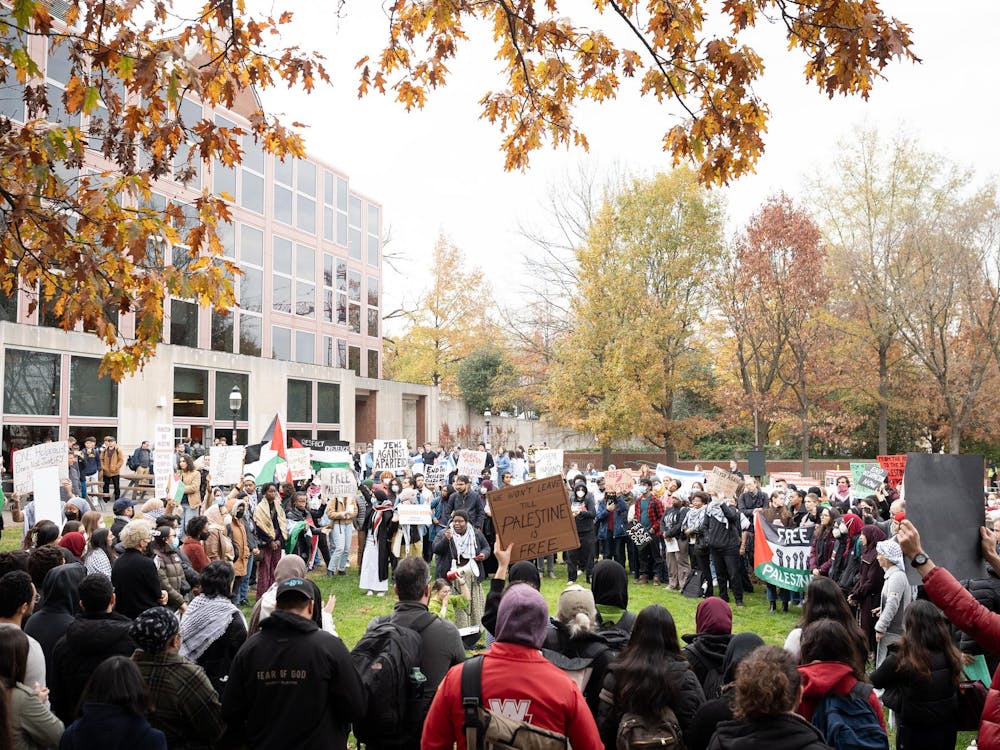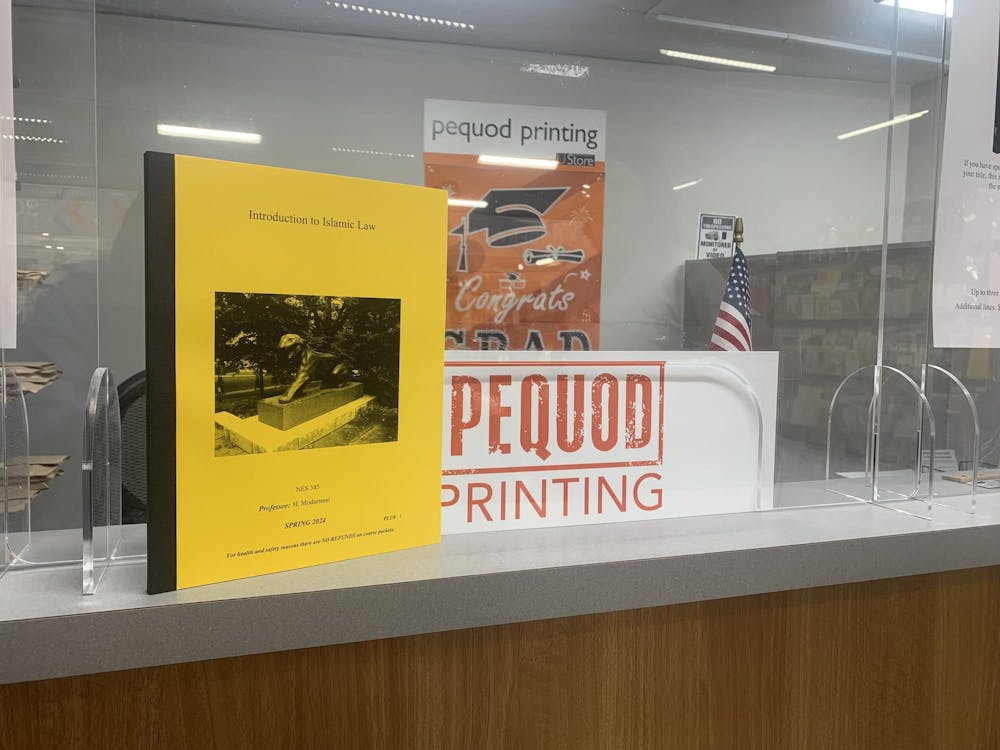By Joseph LoPresti ’15
On Monday, Barbara Zhan ’16 wrote an article arguing that Bicker is necessary. The students working on the Hose Bicker campaign — a large group that includes students who have been hosed, who got into Bicker clubs and who never bickered at all — appreciated her articulate response. However, her arguments fail to stand up under scrutiny.
First, Zhan ignores the inherent role of social rejection in the Bicker process — and the harm that this rejection causes. It is nice to believe that Bicker participants should “reject the idea that Bicker is indicative of self-worth.” Many Bicker supporters similarly claim that rejection is just a part of life, especially for Princeton students. Of course, colleges and jobs also reject some applicants, but the kind of public social rejection Bicker encourages — indeed, requires — is uniquely harmful. Bicker necessarily relies on social rejection and, in particular, on fostering a belief that admitted sophomores have demonstrated their social worthiness for club membership — an implicit expression that hosed sophomores have demonstrated their social unworthiness. The responsibility of dismissing this rejection should not be placed on hosed students.
Second, Zhan neglects to acknowledge how self-selecting the eating clubs already are. Bicker is not necessary to maintain a club’s “culture and personality” — sign-in clubs have cultures and personalities as well. If anything, Bicker undermines a unified club culture by forcing members of Bicker clubs to compete against one another to get their friends into the club.
Third, she assumes that Bicker is a logical system that effectively if not perfectly identifies the students who “fit” in a given club. Certainly, a club admission process should help prospective members determine whether they fit the culture of a club. But Bicker is an inadequate system for making such a determination. Bicker votes are often based on who members already know, more a measure of other affiliations than of fit. Evaluating other prospective members comes down to a few short conversations and a late-night vote, neither giving enough time nor enough consideration to evaluate their “fit” for the club.
Fourth, Zhan assumes that the only alternative to Bicker is a lottery system, which she finds unfairly arbitrary. It is true that a lottery is arbitrary — although Bicker’s reliance on low information voting makes it nearly as arbitrary as a lottery. However, she is not correct in saying that a lottery is the only alternative to bicker. In fact, many alternatives exist that would be fairer, less arbitrary and more effective than Bicker.
The most prominent alternative is a system already in use by Charter: the points system. Prospective members earn points by attending events at the club and those with the most points get in. A points system is a far better way of fostering “club culture” and determining “fit” than Bicker: prospective members would get to see whether they feel comfortable at a club, and members would get to know prospective members without the time pressures of brief Bicker sessions of the social pressures of trying to get their friends into the club.
A points system could have many variations. For example, a club could set a “point limit” that a prospective member must reach in order to enter a lottery, combining the best aspects of both systems. Or it could use a “ranking and optimization” system like the one used to allocate residencies to medical students: sophomores rank their club preferences, the clubs submit a list of sophomores ordered by number of points or by lottery, and an algorithm chooses the optimal distribution of sophomores based on these two sets of preferences.
These reforms could be accompanied by other attributes to make the system more transparent and less arbitrary. Elimination of Bicker should be coupled with the re-introduction of “ironclad” groups. In an ironclad, a group of friends signs up to participate in the club admission process together, with the entire group receiving the same admission decision. Ironclads could easily fit into a points system. Additionally, a new system should make sure that points-eligible events are advertised to all sophomores to prevent members from allowing only certain sophomores to consider their club.
At Princeton, we receive a world-class liberal arts education that, in theory, teaches us how to approach seemingly impossible problems and find solutions to them — problems that are far more complex than Bicker. Our first reaction to Bicker should not be that there is nothing else we can do. Clearly, there are several alternatives to the status quo, including possible alternatives not yet devised. None of our alternatives are perfect, but all of them are better than the enshrined social rejection inherent to the Bicker process.
The Hose Bicker campaign is first and foremost about starting a dialogue about what we would be willing to change in order to create a more inclusive campus. Encouraging the clubs to discuss what alternatives would be best for them is a key part of that. Princeton is better than Bicker, and the sooner we replace it with any of the feasible alternatives that exist, the better.
Joe LoPresti can be contacted at jalopres@princeton.edu.









